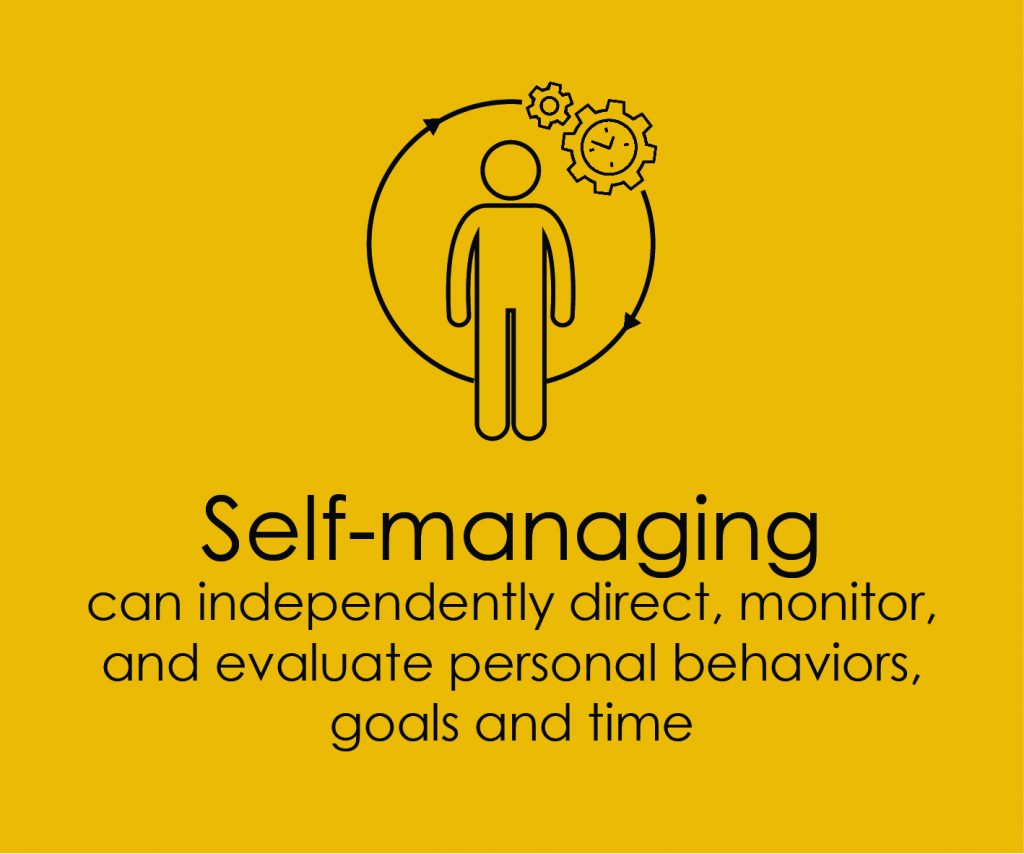by Dennis Harter, MS Principal
dennish@isb.ac.th
Adolescence is an important time in the social and academic growth of young people. In particular, during the middle school years, students undergo significant brain development. It is our role to support this development by supporting and challenging students with appropriate scaffolding, without overly doing it. This can sometimes be referred to as a “least restrictive environment”.

In middle school, students experience a significant increase in the need for self-management. Students navigate multiple subjects with multiple teachers in different classroom (or Zoom) locations. We support students figuring all of this out, particularly in an online environment, but we also allow room for mistakes to be made and learning to arise from those mistakes.
Virtual School presents a complicated wrinkle to this. With parents often at home while their child is “in school” virtually, parents might play an overly active role in overseeing or supporting their child. Understandably, parents may be used to recent years in when their child was in elementary school and parents were providing some instruction or lesson delivery.
In Middle School, this level of parental oversight is no longer necessary during Virtual School. Parents should not be sitting with their children during Zoom class sessions, just as we would not expect parents to join their child in a classroom. It is important that MS students are given the independence to monitor their own attention, engage in discussion on their own, and learn from their mistakes without their parent sitting over them. This growth is essential for young people and overly attending to them prevents students from developing these self-management skills.
This is not to say that we don’t value the parent partnership at home. We recognize that students studying at home are surrounded by non-school distractions as they sit at home with the only connection to school being what appears on the laptop. Parents can support their children by ensuring the environment their child works in is conducive to learning and that non-essential devices (phones, tablets, etc.) are removed from the area. Parents may pass by or have their child work in a common area to help monitor that the child isn’t switching over to other tabs or websites (YouTube is a popular one).
Ultimately, students will learn that lack of engagement in instruction impacts understanding and learning progress. When teachers see a student distracted or disengaged, they will work with the student and if needed reach out to the parent for help. It is important to support this independent development of self-management in MS students. How they learn to self-manage their own learning is among the most important skills students develop in middle school.
Please continue to support their growth in this Attribute by giving your middle school child some space at home. Please do not sit next to them or with them for extended periods during their Zoom classes – this a time for them to be independent in their learning.
We encourage talking to your child about their learning. Ask them to tell you about their focus in class, what they are learning, and what challenges they encounter. Building the habits of these conversations at home will serve well as they continue in middle and high school.
Thank you for your ongoing partnership to help your child learn and develop. Together we can find the right balance of support and independence to maximize your child’s growth so that they may achieve their academic and personal potential.
